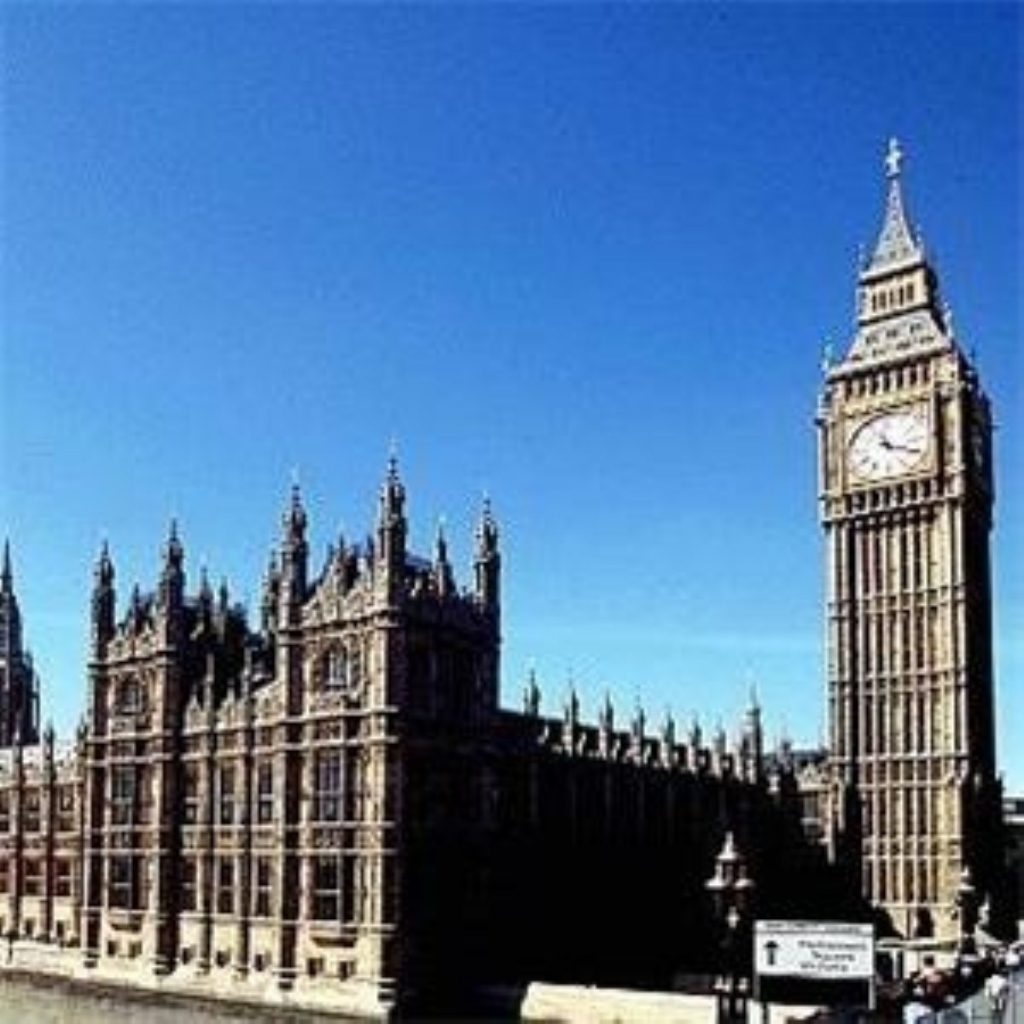The week in Westminster
Many people knew civil liberties would eventually turn into a major political issue but no one could possibly have predicted how.
This week in Westminster saw the drama of British political life at its most shocking and fascinating.
Wednesday’s House of Commons vote on 42-day detention made all the best and worst aspects of the mother of parliaments come bubbling to the surface. Few believed Gordon Brown’s promise the next day that no deals had been done to secure the vote, especially given the frantic to-and-fro of chief whips and Downing Street aides between Gordon Brown’s office and that of the DUP. There is something innately unpleasant about the suspicion of backroom deals securing a matter of constitutional values and national security and by Thursday journalists wanted blood.
But many MPs on either side of the debate had earned themselves limitless credit in that same parliament. Some of the speeches – one thinks particularly of Diane Abbott, David Davis and, yes, even Gordon Brown – had passion, genuinely held belief and well reasoned argument.


The vote couldn’t have been more perfect. That the government won by nine votes – the exact number of DUP MPs – provoked roars in the House, consternation in the press and reduced Mr Brown’s victory to something that smelt like the draining away of authority.
It seems to have affected one man more than most. On Thursday, David Davis, the shadow home secretary, succeeded in doing something unprecedented in a political system which has lasted for hundreds of years. His decision – to resign as an MP and turn the ensuing by-election into a poll on civil liberties – left the Tory MPs surrounding politics.co.uk with their mouths wide open in shock. In that respect, they were no different to politics.co.uk or the rest of the media.
But it was the media, the group most enamoured with the sheer newsworthiness of it all, which turned against his decision first. Mr Davis has now been accused of betraying his party, being on a massive ego-trip, blocking the Tories’ road to power and – most damagingly – wasting taxpayers’ money.
The view from the country, as far as it can be judged, does not seem so unforgiving. His office is reportedly overwhelmed with phone calls and emails offering support and a perusal of any internet forum on the subject shows Mr Davis seems to have inspired a lot of people.
The truth is, the move is just so strange it’s hard to predict how it will all turn out. At the moment, it seems likely Labour won’t field a candidate and Mr Davis will run against Kelvin Mackenzie, former editor of the Sun. Should Mr Davis be returned with a larger minority than he had before he has some legitimate reason to claim success.
There is no particular reason his constituency should be any warmer to civil liberties than anywhere else in the country – which, we are told, is most emphatically indifferent to them. If he convinces people to vote for him in a campaign whose sole topic of discussion centres around Habeus Corpus, surveillance, ID cards and a DNA database one can’t help but feel he will have stuck a dagger into the belief that British politics has become more about personality than ideas.
On the other hand, anything less than total success will see him discarded to the backbenches, possibly forever. It would be a spectacular fall from grace, one without comparison in recent memory.
Labour’s response to the news has been jubilant. They should be more cautious. The belief that the current government believes in nothing is widespread and well accepted in the general population. People have failed to find any easily comprehendible statement of principle in the tidal wave of policies which emit from the Labour party and Mr Davis’ actions could look like an antidote.
Mr Brown believes David Davis will either roll around Haltemprice and Howden fighting no one and looking soft on terrorism or face the simply-more-popular message of the Sun’s Mr Mackenzie. That may well be true, and it takes a brave – or perhaps foolhardy – man to take the risk.
But there is another option. Mr Davis could emerge from this a folk hero – popular with the general population for standing up for what he believes in, popular with liberal for his views on civil liberties and popular with the right for his unreconstructed Thatcherism.
Whether he returns to the backbenches or as shadow home secretary, the next three weeks could establish him as a man of dynamism and conviction. If that happens Labour – and possibly even David Cameron himself – should be very afraid of this former SAS man turned patriotic freedom fighter.









